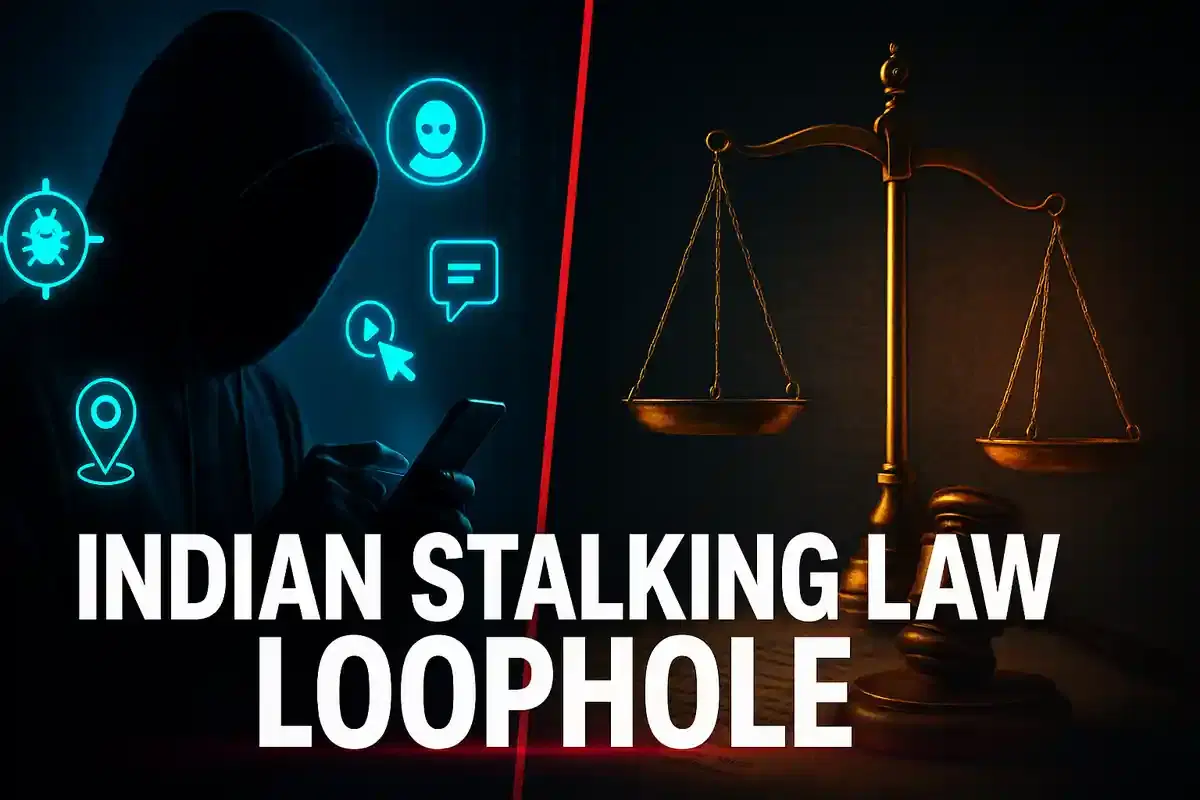Indian Courts Narrowly Interpret Stalking Laws, Leaving Victims Vulnerable
Law/Court
|
29th October 2025, 2:12 AM

▶
Short Description :
Detailed Coverage :
The legal framework for addressing stalking in India is facing scrutiny due to narrow interpretations by higher courts. In Krishnan Kumar Kasana vs State of Himachal Pradesh, the Himachal Pradesh High Court ruled that merely taking photographs of a person's wife, as an alleged act of stalking, might not satisfy the definition. This echoes concerns previously raised about Section 354D of the Indian Penal Code, where certain invasive acts did not meet the statutory threshold. Similarly, the Bombay High Court's Nagpur Bench, in Amit Chavan vs State of Maharashtra, insisted that stalking requires repetition, tying criminal liability to the frequency of intrusion rather than its impact.
These interpretations contradict the intent behind introducing Section 354D of the IPC and its reincarnation as Section 78 of the Bharatiya Nyaya Sanhita, which were enacted after the Nirbhaya case to serve as a deterrent. Critics argue that the law remains oblivious to the lived experience where a single invasive act, like following or unsolicited pursuit, can instill significant fear and insecurity. By demanding repetition, the law denies recognition to the initial violation and places a burden on victims to endure further harassment.
The Justice J.S. Verma Committee had previously warned about the necessity of preventive measures against minor aberrations to prevent escalation. However, the current legal framework is not fully preventive. The absence of a clear 'no-contact injunction' forces police and courts to either await repetition or push victims into a slow, high-threshold criminal process.
The problem is exacerbated in the digital age, where stalking occurs through smartphones, spyware, and burner accounts. National Crime Records Bureau data for 2023 shows 10,495 stalking cases registered, with a low conviction rate of around 21.3%. The law's weakness lies in its focus on counting incidents rather than measuring impact.
In contrast, the United Kingdom's Protection from Harassment Act 1997 and Protection of Freedoms Act 2012 criminalized stalking based on 'course of conduct' and emphasized the impact of stalking.
Impact: These judicial precedents, by narrowing the scope of stalking laws, calcify existing weaknesses. They fail to address the realities of digital stalking and the psychological impact of a single invasive act, potentially leaving victims unprotected and emboldening offenders. The law's focus on repetition rather than impact means the first instance of fear or intimidation often remains legally invisible. This creates a significant gap in victim protection. Rating: 7/10
Difficult terms: Prima facie: At first glance; on the face of it. Anticipatory bail: Bail granted to a person who expects to be arrested. Bharatiya Nyaya Sanhita (BNS): India's new criminal code, replacing the Indian Penal Code. Indian Penal Code (IPC): The primary criminal code of India. Statutory threshold: The minimum level of evidence or criteria required by law. Unsolicited pursuit: Following or chasing someone without their consent. Preventive measures: Actions taken to prevent a crime or negative event. Initial minor aberrations: Small, early deviations from normal behavior. Major sexual aberrations: Serious deviations from normal sexual behavior. Criminalisation: The act of making something illegal. No-contact injunction: A court order that prohibits one person from contacting another. Sluggish and high-threshold criminal process: A legal procedure that is slow and difficult to navigate. Legislative blind spot: An oversight or omission in the law. Spywares: Software designed to secretly monitor and collect information from a device. Burner accounts: Temporary, often anonymous, online accounts used to avoid traceability. National Crime Records Bureau (NCRB): An Indian government agency that collects and analyzes crime data. Conviction rate: The percentage of criminal cases that result in a conviction. Legislative conversation: The process of discussing and debating laws. Course of conduct: A series of actions taken repeatedly over time. Aggravated offence: A crime that is made more serious due to certain circumstances. Legal grammar of silence: How legal language can inadvertently ignore or dismiss certain experiences. Predatory conduct: Behavior intended to harm, exploit, or attack someone. Judicial precedents: Past court decisions that serve as a basis for deciding future cases.